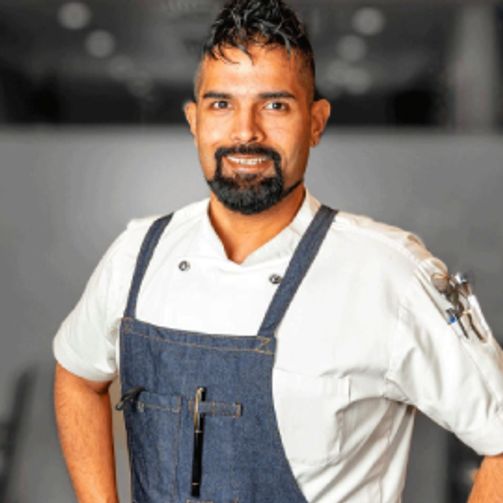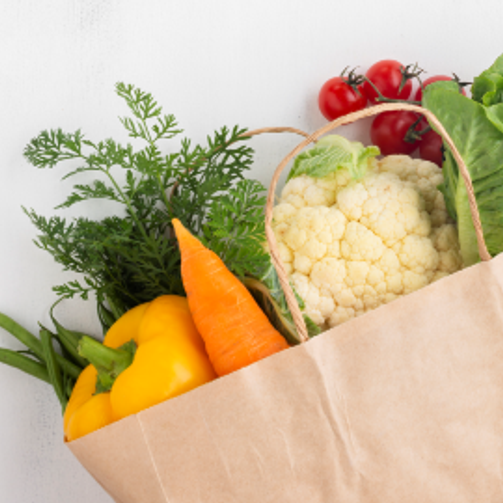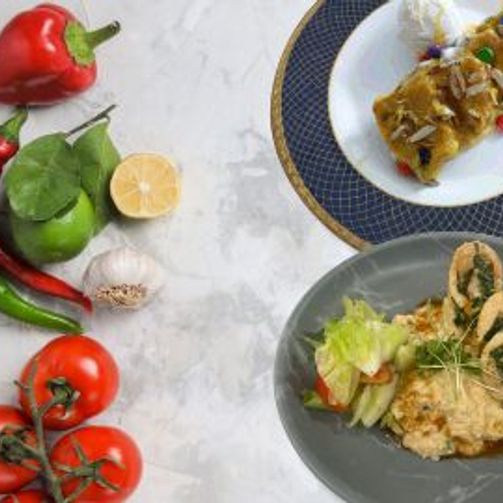
Why Indian Businesses Choose Sodexo for Office & Corporate Catering Excellence


Why Indian Businesses Choose Sodexo for Office & Corporate Catering Excellence

Exploring Hospitality, Beyond Hotels

Unravelling Chef Jerson’s Love Of Food

Sustainable solutions to boost clean-desk to green planet

Towards Net Zero

A page from our chefs' cookbook

Wonder foods for the winter season

Unwrapping Special Christmas Recipes from Our Chefs

Food for Thought – Celebrating National Nutrition Week